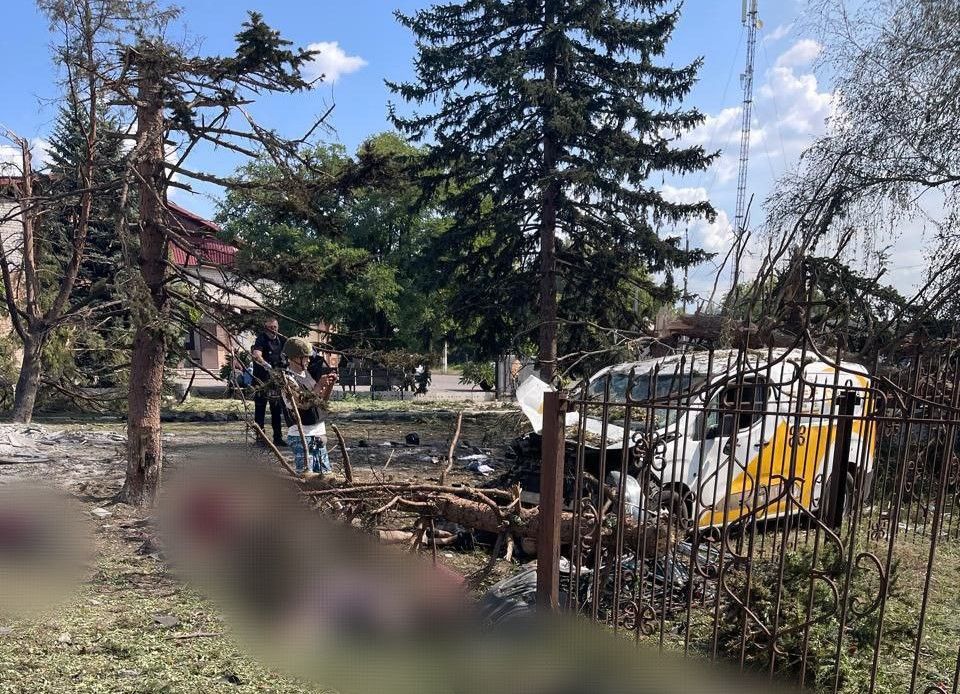Europe has 'window of opportunity' to strengthen NATO against Russia, Swedish defense minister says

Europe has only a limited time to prepare for the possibility of Russian aggression along NATO's northern flank, Sweden's defense minister Pal Jonson told The Telegraph in an interview published on Sept. 9.
"Therefore it is vital that we use this window of opportunity that we have while Russia is bogged down in Ukraine to strengthen NATO's northern flank," Jonson said.
Jonson, speaking on the sidelines of the IISS Prague Defence Summit, said Russia's military is gaining valuable battlefield experience in Ukraine, particularly in electronic warfare, drone operations and long-range strikes.
Jonson added that Russian President Vladimir Putin's expanding defense industry and readiness to "take great political and military risks" could enable Moscow to launch a "limited invasion" of the Nordic-Baltic region within two to five years.
The warning comes as Russia prepares joint military exercises called Zapad (meaning "west" in Russian) in Belarus, less than 100 miles from NATO members Lithuania and Latvia. Similar drills in 2021 preceded Moscow's full-scale invasion of Ukraine.
Italy's Foreign Minister Antonio Tajani expressed the concern that peace between Ukraine and Russia remains distant.
"I don't think anything concrete will happen before Christmas," Tajani said, according to RAI News. "Putin's responses were all negative. The inevitable tool today is that of new sanctions that point to the Russian financial instrument, that is, preventing Russia from having the financial instruments to forage its army."
President Volodymyr Zelensky, in a separate interview with ABC News published Sept. 9, said Putin told U.S. officials that he intends to seize Ukraine's eastern Donbas region by the end of 2025. Zelensky warned that Moscow's plans could cost "years and a million people," or even "two or three million corpses" if Russia accelerates its offensive.
Russia illegally annexed Crimea in 2014, followed by parts of Donetsk, Luhansk, Kherson and Zaporizhzhia oblasts. Since returning to office in January, U.S. President Donald Trump has vowed to push for a rapid peace deal, but negotiations have stalled as Moscow insists on territorial concessions and rejects a ceasefire.











